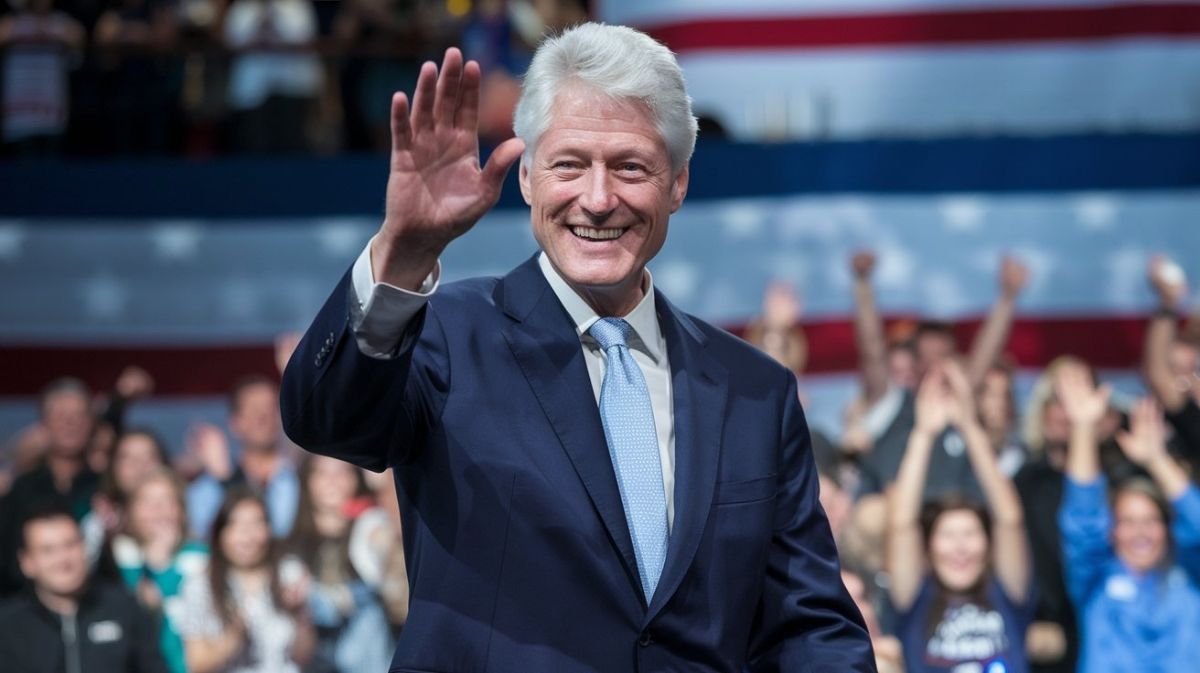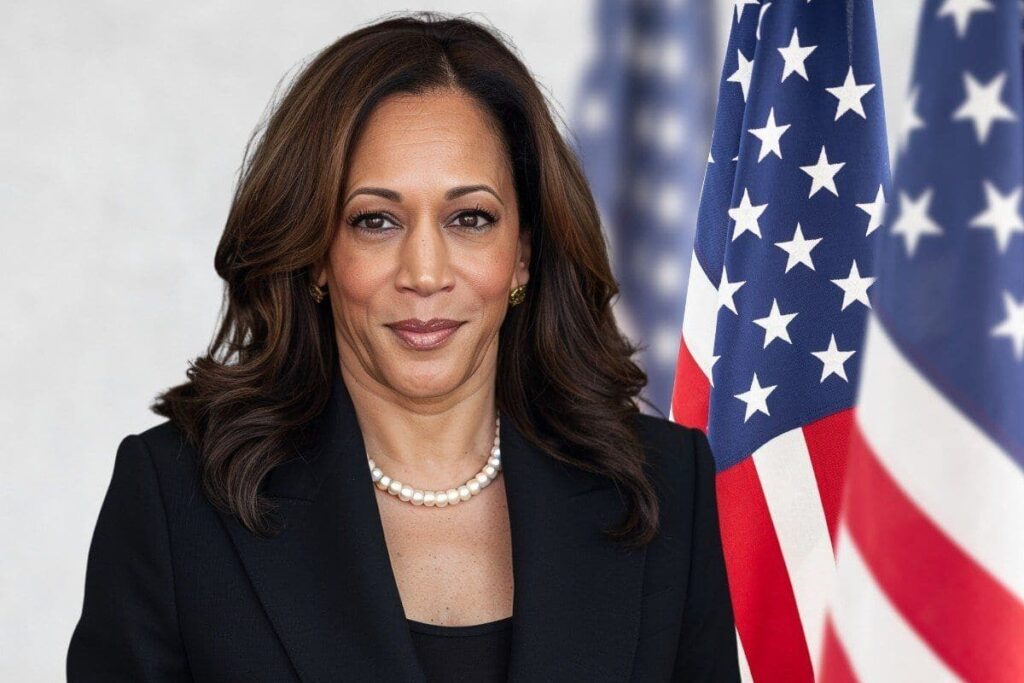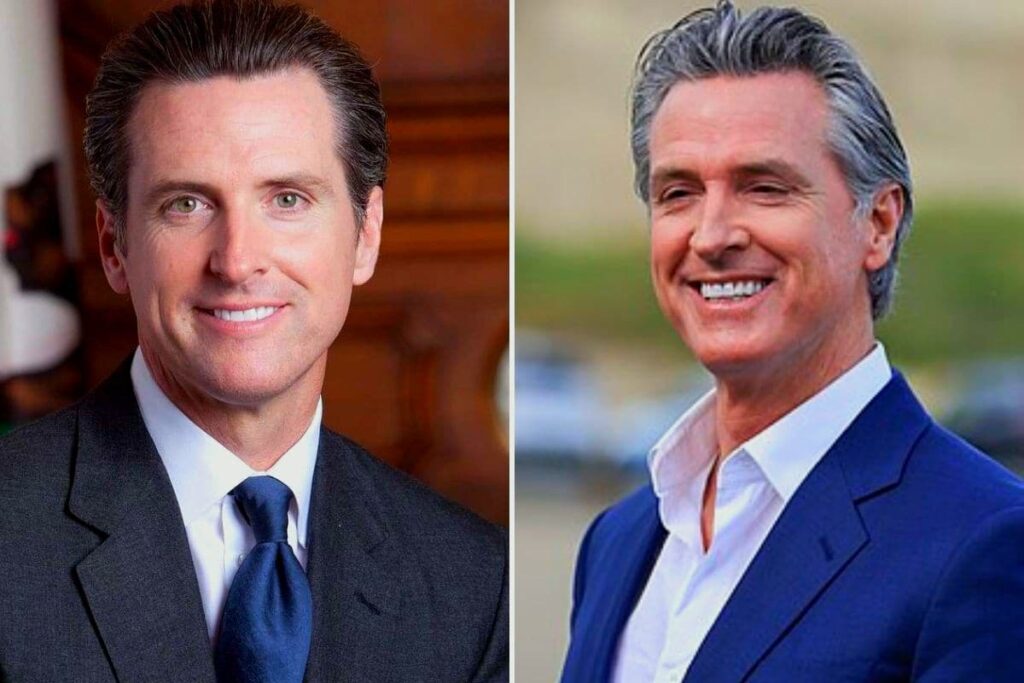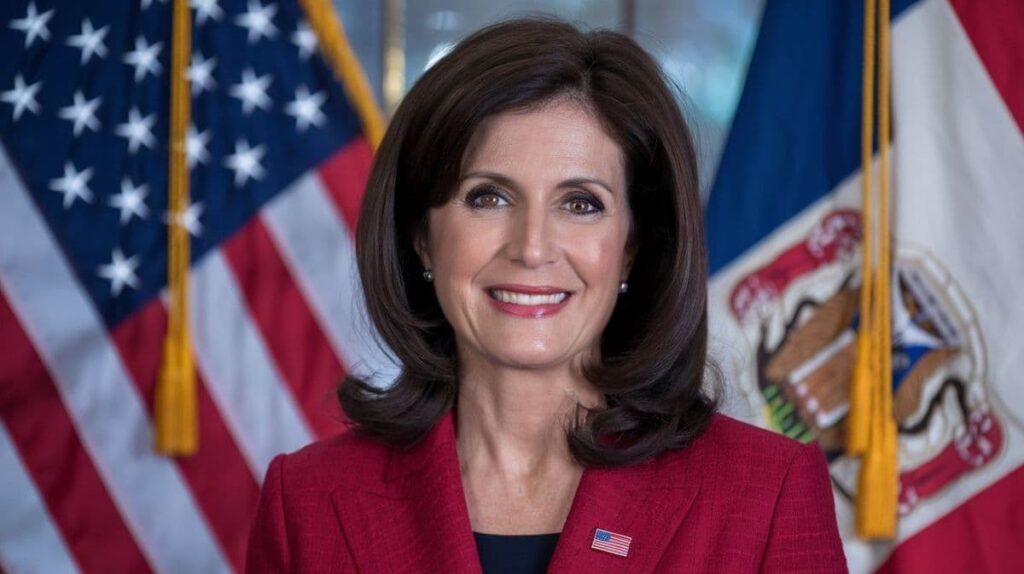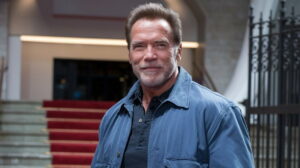Latest News on Bill Clinton (as of 2024)
In recent news, Bill Clinton, the 42nd President of the United States, has continued to play an active role in global diplomacy and philanthropy. In 2024, Clinton has been prominently involved in climate change initiatives, including hosting critical discussions at the Clinton Global Initiative (CGI) Summit, where world leaders and innovators came together to propose solutions for sustainability. Clinton, a revered elder statesman, also publicly addressed health disparities in U.S. and globally, advocating for increased funding to combat pandemics. Recently, Clinton has been seen speaking at events focused on voting rights and democracy, reinforcing his commitment to political reform.
Quick Overview
| Full Name | William Jefferson Clinton (born William Jefferson Blythe III) |
|---|---|
| Date of Birth | August 19, 1946 |
| Place of Birth | Hope, Arkansas, USA |
| Education | Georgetown University (B.S.), University of Oxford (Rhodes Scholar), Yale Law School (J.D.) |
| Political Party | Democratic Party |
| Presidential Term | January 20, 1993 – January 20, 2001 |
| Key Achievements | North American Free Trade Agreement (NAFTA), Balanced Federal Budget, Welfare Reform Act |
| Spouse | Hillary Rodham Clinton (married in 1975) |
| Children | Chelsea Clinton |
| Post-Presidency Work | Founder of the Clinton Foundation, Global Philanthropy |
| Latest Involvement | Climate Change, Voting Rights, Public Health Advocacy (2024) |
Early Life and Education
Bill Clinton was born as William Jefferson Blythe III on August 19, 1946, in Hope, Arkansas. His biological father died in a car accident before his birth, and his mother later remarried Roger Clinton, whose surname Bill would take. Clinton grew up in a working-class family, where he witnessed firsthand the struggles of rural America, an experience that would shape his later political views on poverty and economic reform.
Education was a cornerstone of Clinton’s early life. He was a bright student and earned a place at Georgetown University, where he completed a Bachelor of Science in Foreign Service in 1968. His education was further enriched when he became a Rhodes Scholar at the University of Oxford, studying politics and philosophy. Clinton later graduated from Yale Law School, where he met Hillary Rodham, whom he would marry in 1975.
| Educational Timeline | Institution | Degree / Program |
|---|---|---|
| 1964-1968 | Georgetown University | B.S. in Foreign Service |
| 1968-1970 | University of Oxford (Rhodes Scholar) | Politics and Philosophy Studies |
| 1970-1973 | Yale Law School | Juris Doctor (J.D.) |
Read Also This: George W. Bush: 43rd U.S. President, Legacy & Biography
Political Career
Clinton’s rise in American politics began in his home state of Arkansas. He was elected as the Attorney General of Arkansas in 1976, a position he held for two years before becoming the Governor of Arkansas in 1979. His first term as governor was challenging, and he lost his reelection bid in 1980. However, Clinton returned to politics, winning back the governor’s seat in 1982 and serving until 1992. His time as governor was marked by reforms in education and economic policies that attracted national attention.
In 1992, Clinton successfully ran for President, defeating incumbent George H.W. Bush. His presidency lasted from 1993 to 2001 and was characterized by a strong focus on economic growth, globalization, and welfare reform. One of his most significant achievements was overseeing a booming economy with low unemployment and a balanced federal budget, a rarity in modern American politics.
| Political Positions | Years | Key Achievements |
|---|---|---|
| Attorney General of Arkansas | 1977–1979 | Advocacy for consumer protection and civil rights |
| Governor of Arkansas | 1979–1981, 1983–1992 | Education reform, infrastructure development |
| President of the United States | 1993–2001 | NAFTA, economic growth, healthcare initiatives |
Major Achievements as President
Economic Growth and Balanced Budget
One of the defining achievements of Clinton’s presidency was the 1990s economic boom. Through a combination of fiscal discipline, including tax increases and spending cuts, Clinton achieved a budget surplus by the end of his second term. This was the first surplus in U.S. history in nearly 30 years, contributing to low unemployment and high consumer confidence.
North American Free Trade Agreement (NAFTA)
1994, Clinton signed NAFTA, creating a trilateral trade bloc between the U.S., Canada, and Mexico. While controversial due to its impact on American manufacturing jobs, it paved the way for global trade agreements and economic globalization.
Welfare Reform
In 1996, Clinton signed Welfare Reform Act, a significant restructuring of the welfare system. The bill introduced work requirements and placed time limits on welfare assistance, shifting the focus toward reducing long-term dependency on government assistance.
Healthcare Reform Efforts
Though Clinton’s attempt to reform healthcare in the U.S., spearheaded by Hillary Clinton, failed to pass through Congress, it laid the groundwork for future healthcare debates. The ambitious effort aimed to provide universal health coverage to all Americans.
| Key Presidential Achievements | Year | Impact |
|---|---|---|
| Economic Boom | 1993–2001 | Reduced national debt, budget surplus |
| NAFTA | 1994 | Strengthened North American economic ties |
| Welfare Reform Act | 1996 | Reduced welfare rolls, encouraged work |
| Healthcare Reform (Attempted) | 1993 | Paved the way for future healthcare reforms |
Also Read This: Joe Biden: Leadership, Legacy & 2024 Election Outlook
Post-Presidency: Global Statesmanship and Philanthropy
After leaving office in 2001, Bill Clinton remained deeply involved in global affairs and philanthropy. He founded the Clinton Foundation, which focuses on global health, climate change, economic development, and empowering women and girls worldwide. Through the foundation, Clinton has raised billions of dollars to fund global humanitarian efforts.
Clinton’s Clinton Global Initiative (CGI) has become a significant platform for world leaders, philanthropists, and activists to address pressing global challenges. His post-presidency also saw him partner with George H.W. Bush to raise funds for victims of natural disasters, showing a bipartisan commitment to helping those in need.
Although Bill Clinton made significant contributions on the global stage, his legacy is overshadowed by controversies such as the Monica Lewinsky scandal. This controversy culminated in his impeachment by the House of Representatives in 1998. However, the Senate acquitted him, and his popularity rebounded in the following years.
Personal Life
Bill Clinton married Hillary Rodham in 1975, and the couple has one daughter, Chelsea Clinton, born in 1980. The Clintons have remained a political power couple, with Hillary serving as a U.S. Senator, Secretary of State, and Democratic nominee for President in 2016.
Despite the ups and downs in their public and private lives, the Clinton family remains one of the most influential in modern American politics. They are often seen together at public events, demonstrating their resilience and shared commitment to public service.
| Family Members | Relationship | Notable Roles |
|---|---|---|
| Hillary Rodham Clinton | Wife | U.S. Senator, Secretary of State, 2016 Presidential Candidate |
| Chelsea Clinton | Daughter | Public Health Advocate, Author |
Legacy and Influence
Bill Clinton’s legacy is a complex mix of economic success, political controversy, and global statesmanship. As one of his generation’s most charismatic and politically skilled leaders, Clinton’s influence on American politics endures. His ability to connect with both domestic and international audiences has solidified his reputation as a key figure in shaping modern liberal policies.
Bill Clinton’s biography reflects a life dedicated to public service, both as a domestic leader and global philanthropist, with a vision for a more equitable and prosperous world. His story is one of resilience, ambition, and the pursuit of justice on national and international levels.
Frequently Asked Questions (FAQs)
Bill Clinton was 42nd President of United States, serving from 1993 to 2001.
His presidency was marked by economic growth, NAFTA, welfare reform, and a balanced federal budget.
Clinton founded the Clinton Foundation and has been involved in global philanthropy, focusing on health, climate change, and economic development.
The scandal involved an extramarital affair between Clinton and White House intern Monica Lewinsky, leading to his impeachment by the House in 1998.
Founded by Clinton, CGI brings together world leaders and activists to tackle global challenges, focusing on climate change, health, and economic development.
Reference Information
- Article Title: Bill Clinton Biography: 42nd U.S. President & Legacy
- Author: mixinsights.com Editors
- Website Name: Mix Insights
- URL: https://mixinsights.com/politicians/bill-clinton/
- Last Updated: September 16, 2024
- Original Published Date: September 16, 2024
This information is based on our own research.

